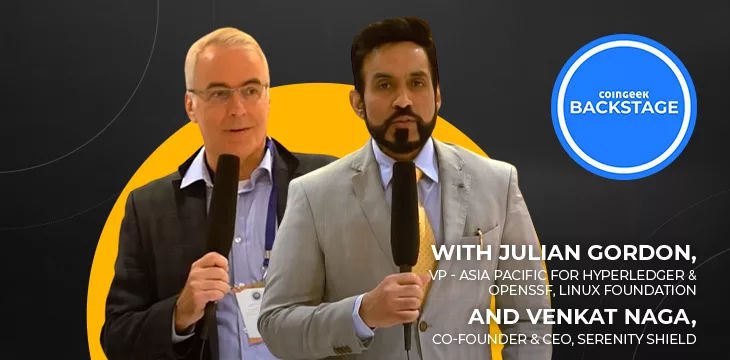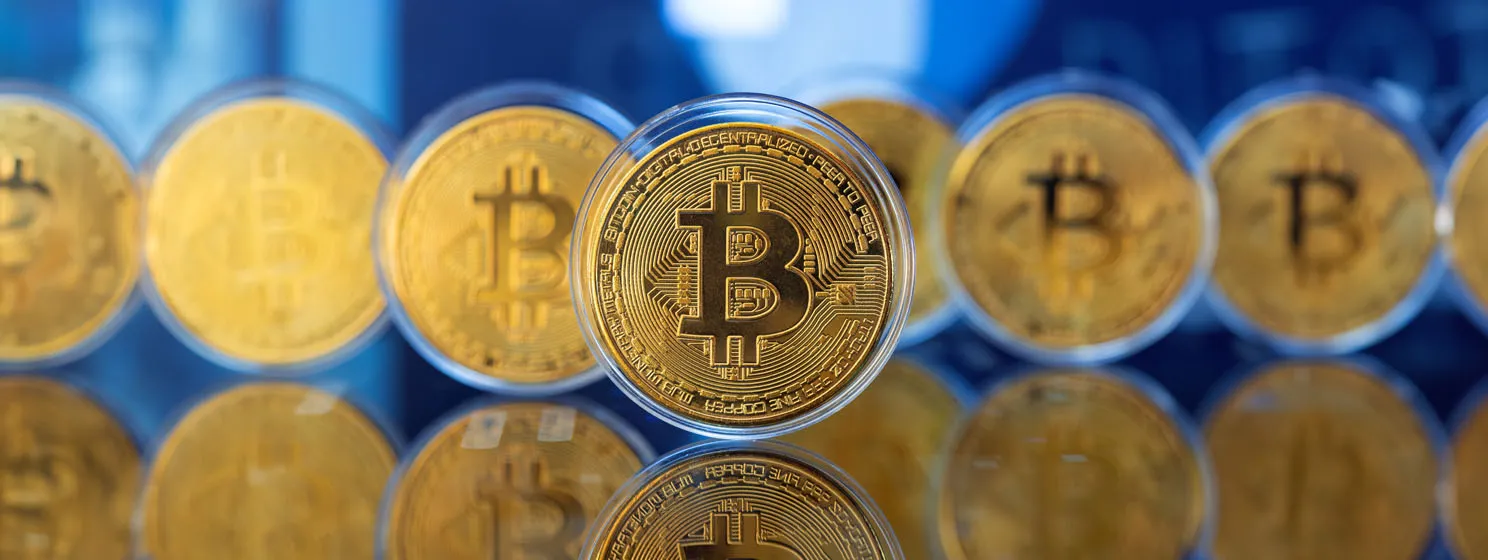|
Getting your Trinity Audio player ready...
|
As the world marches toward digitization, Web3 experts are optimistic that India has the potential to emerge as a trailblazer in the fledgling industry but predict an uphill climb.
In a CoinGeek Backstage interview on the sidelines of the Blockchain for Productivity Forum conference, Venkat Naga, co-founder of data custody firm Serenity Shield, remarked that India is on course to be an industry leader. Naga said India’s strides with blockchain are primarily underreported, noting that the country has what it takes to be a “front runner in the process of digitization.”
Naga highlighted several blockchain use cases for key sectors of the Indian economy outside of finance and digital currencies. He pointed to blockchain’s utility in legal services, the music industry, and manufacturing, citing the innate features of immutability, speed, and transparency associated with the technology.
“Every industry is going to have a use case from blockchain simply because of the way it operates and the way you are able to store your data and the way you can build an application within the blockchain technology,” Naga said.
He leaned on the added perks of decentralization, privacy, security, trackability, data integrity, “and self-ownership of your data.”
Julian Gordon, VP of Asia Pacific for Hyperledger and OpenSSF Linux Foundation, took a similar stance with Naga, pointing to the immense potential of blockchain in India. Gordon emphasized that utilizing permissioned and permissionless networks in various scenarios can streamline operational processes, reduce costs, and enhance efficiency.
Gordon also highlighted the application of Hyperledger technology in India for self-sovereign identities and a verifiable credit system for the residents. The Web3 executive said that apart from improving the lives of millions of Indians, blockchain offers several commercial benefits for corporate entities in the region.
He pointed to the use of blockchain to store patents on public ledgers, allowing public access to over 25 million patents. Described as the “Rembrandt in the attic,” Gordon opines that enterprises can find utilities for patents that were previously hiding for years in filing cabinets with no utilities or commercial benefits.
Experts have cited India’s large tech-savvy population and large smartphone market as reasons for the country to take a driver’s seat in the Web3 train.
Already taking the first steps
Aware of the potential for blockchain to add value to the Indian economy, the government has taken the first steps toward encouraging adoption. New Delhi has turned to the technology to streamline its nationwide forensic processes with land registries using blockchain for record-keeping purposes.
Despite the first forays, the government remains wary of introducing blockchain into India’s financial sector over security and scalability concerns. However, Finance Minister Nirmala Sitharaman is confident that the country can achieve a 46% blockchain adoption rate before 2030 to emerge as the leading hub in the Asian subcontinent.
Watch: India is building Web3 enabled payment rails

 06-30-2025
06-30-2025 





